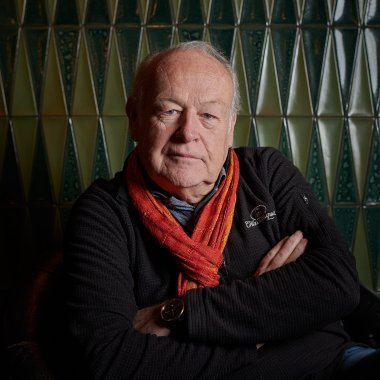In 1915, Boston-based African American newspaper editor and activist William M. Trotter waged a battle against D.W. Griffith’s technically groundbreaking but notoriously Ku Klux Klan-friendly The Birth of a Nation, unleashing a fight that still rages today about race relations, media representation, and the power and influence of Hollywood. BIRTH OF A MOVEMENT, based on Dick Lehr’s book The Birth of a Movement: How Birth of a Nation Ignited the Battle for Civil Rights, captures the backdrop to this prescient clash between human rights, freedom of speech, and a changing media landscape.
Griffith originally titled his three-hour epic The Clansman, based on a novel and play of the same name, but changed it to The Birth of a Nation to reflect the director’s belief his work gave the true story of America’s “Reconstruction.” Set during the Civil War, it was told from a point of view sympathetic to the Confederacy, and its portrayal of African American men was controversial even then, painting them as unintelligent and sexually aggressive, while members of the KKK were shown as valiant heroes protecting the innocent. (The film’s release led to a spike in membership for the Klan.) Birth of a Nation was one of the first motion pictures screened at the White House, and white film audiences made it a box office hit, but in each city it traveled to it was also met with protests by African Americans, including by the newly formed NAACP which attempted to ban the film.
These protests were led by Trotter, the first African American Phi Beta Kappa graduate of Harvard University and editor of The Guardian newspaper. A Northern intellectual and contemporary of W.E.B. Dubois, Trotter was positioning himself as a leading voice in a fractured civil rights movement.
BIRTH OF A MOVEMENT features interviews with Spike Lee (whose NYU student film The Answer was a response to Griffith’s film), Reginald Hudlin, DJ Spooky, Henry Louis Gates, Jr., and Dick Lehr, while exploring how Griffith’s film — long taught in film classes as an innovative work of genius — motivated generations of African American filmmakers and artists as they worked to reclaim their history and their onscreen image.



